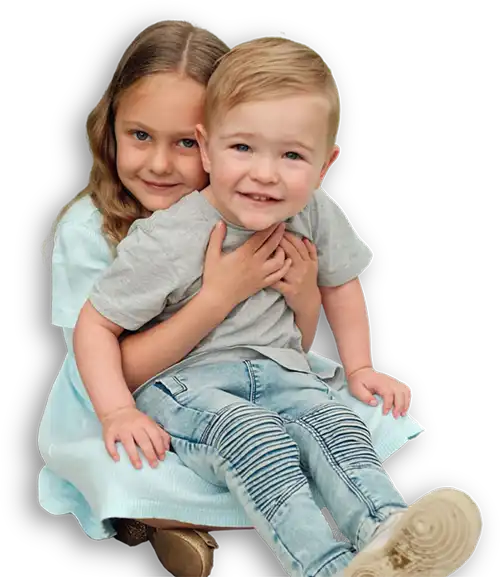Empowering Families to Grow Stronger, Safer, and More Connected
The Targeted Intervention program brings together early support and family preservation services to help families build resilience, strengthen relationships, and create safe, nurturing homes. By focusing on each family’s unique strengths, we provide practical resources, guidance, and culturally responsive support that empowers parents and children to thrive together. Whether preventing challenges from escalating or supporting restoration and reunification, the program is designed to keep families safe, confident, and connected
We believe in providing a holistic service that focuses on the individuality of each child or young person, with a tailored focus on their health, educational, social, cultural and emotional needs.
We offer tailored services to meet the needs of each individual child, young person or family, through:
- Case management
- In-home support
- Casework focused on parent vulnerabilities
- Structured home visiting
- Parenting programs, and
- Brokerage funding.
We accept placement referrals from the NSW Department of Communities and Justice.

Family Preservation Approach
Our Targeted Intervention team provides professional, culturally appropriate support that is child-centred and family-focused. Our caseworkers and program managers follow a trauma-informed, strengths-based program that empowers families and nurtures connection.
The Targeted Intervention team’s tailored support services aim to build strong, well-functioning families where children can live safe from abuse and neglect and have improved wellbeing and better physical, social, emotional and educational outcomes.
Targeted Early Intervention Approach
-
Culture at the centre
– embedding Aboriginal and Torres Strait Islander knowledge, traditions, and community connections in everything we do. -
Strengths-based practice
– recognising the abilities and potential within each family and building on what’s already strong. -
Holistic support
– looking at the whole picture, including emotional, social, educational and cultural needs.
Child-Centred Focus
We believe in providing a holistic service that focuses on the individuality of each child or young person, with a tailored focus on their health, educational, social, cultural and emotional needs.
We offer tailored services to meet the needs of each individual child, young person or family, through:
Case management
In-home support
Structured home visiting
Casework focused on parent vulnerabilities
Parenting programs
Brokerage funding.
We accept placement referrals from the NSW Department of Communities and Justice.
Services We Provide
Our TEI program offers tailored support for families, including:
Casework and mentoring
helping parents and carers develop practical skills, routines and confidence.
Parenting programs
workshops and one-on-one support to strengthen parenting capacity and knowledge.
Youth programs
activities that support wellbeing, resilience, cultural identity and leadership in young people.
Community connection
creating safe spaces for families to engage with Elders, cultural activities and peer support.
Practical assistance
linking families to housing, education, health and other essential services.
Who We Support
TEI is available to Aboriginal and Torres Strait Islander children, young people and families across our communities who may be:
Experiencing stress or challenges that put family stability at risk.
Wanting extra support to build parenting confidence.
Seeking stronger connections to culture and community.
Looking for positive activities and opportunities for their children and young people.
Why Early Intervention Matters?
When challenges are addressed early, families are more likely to stay together, children feel safer and more secure, and communities grow stronger. Early support helps to reduce the likelihood of out-of-home care, improve school engagement, and build a sense of belonging and identity.
Walking Together with Families
Our TEI team walks alongside families, not ahead of them. We listen first, then work together to create practical, culturally meaningful solutions. By partnering with families and the community, we empower children and young people to grow safe, proud and connected.
Strengthening Identity. Fostering Belonging.
Culture is a path to belonging. By honouring cultural connections, we help children and young people feel secure, strong, and proud of who they are.
At Narang Bir-rong, we walk with families, carers and communities to ensure culture continues guiding, teaching, and uplifting.




